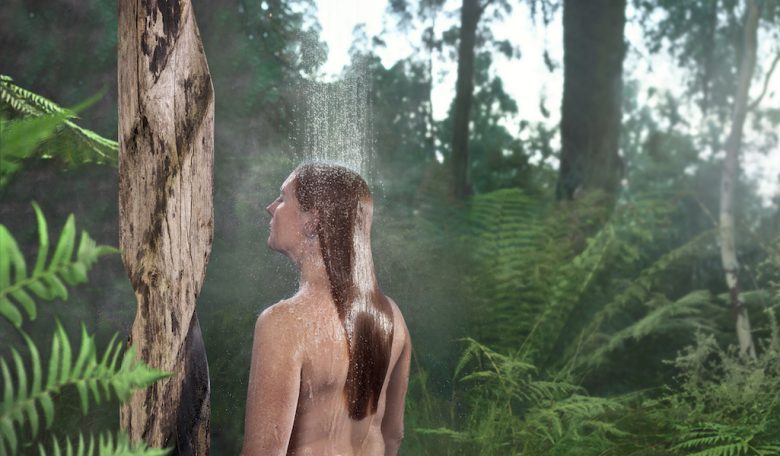
5 Eco-Friendly Tips To Level Up Your Haircare

It’s what we leave out that makes us special.
Going au naturel has its benefits. Ask anyone who gave up on makeup or underwire bras in iso. They were truly living their comfiest lives.
But when it comes to your haircare, the benefits go way beyond being comfy. A natural haircare routine can totally revitalise your hair, and it’s better for the environment too.
There are lots of small changes you can make that will have a big difference in the long run. Here are a few tips to get you started:
1. Pick your products carefully (and stick with them)
For decades, our haircare has been pumped full of synthetic nasties like parabens, sulphates, and silicones — ingredients that can strip your hair of its natural oils, irritate your scalp, and weaken or damage your hair.
But now, there’s now a whole new wave of products that nourish your hair the natural way. Sukin, for example, steers clear of synthetic ingredients and instead uses things like baobab oil, rice protein and pineapple, mango and papaya extracts. These are better for your hair, they won’t harm the ocean once they go down the drain, and they smell pretty amazing too.
Just remember: once you make the switch, it’s important that you stick with it. Your hair needs some time to detox from the synthetic stuff. If it’s a little greasy at first, don’t worry. That’s just because your scalp is so used to producing excess oil to replace what’s been stripped away. Your hair will readjust and it’ll be better than ever.
View this post on Instagram
2. Check the brand’s credentials
The ingredients list isn’t the only thing you should read carefully. Does your haircare brand test on animals? Is it vegan? What kind of carbon footprint does it have?
All brands that are vegan and/or cruelty-free will proudly declare that on their products’ labels. And the more impressive ones will clue you in on their broader impact on the environment.
Sukin has been carbon neutral since 2008, meaning it offsets the carbon emissions it produces by investing in renewable energy projects.
3. Buy a wooden brush
Why not cut a bit of plastic out of your life? A wooden or bamboo brush is a great sustainable alternative that’s better for the environment and better for your hair too. Win win!
Wooden hair brushes have minimal static which means you cut down on frizz, and they’re great at evenly distributing natural oils so your hair stays shiny.

Image: cottonbro / Pexels
4. Cut down on washes
You’ve definitely heard this one before: washing your hair every day is not the best idea. That squeaky clean hair will very quickly become dry and brittle. Most experts recommend switching to a wash every two to three days instead.
But did you know that cutting back on washes can also really help the environment? Hot water is one of the biggest contributors to emissions in the home, so if you cut back on your time in the shower it will dramatically lower your emissions too.
Remember: you can always supplement your washes with dry shampoo or leave-in conditioner.

Image: Karolina Grabowska / Pexels
5. Embrace natural drying methods
Cutting down on the heat styling is another easy way to reduce emissions.
Everyone’s hair has different needs, but blow-drying every single day can damage your hair — and you most likely don’t even need it. Towel drying and air drying can be great alternatives if you follow a few basic guidelines.
A top tip: invest in a microfibre towel or use an old t-shirt. Wrapping your hair with one of these presses the moisture out, and lets your hair spring into its natural shape. You might even find some secret curls while you’re at it!
—
Ready to make the switch to natural haircare? Head to Sukin’s website to explore their range, so you can start having good hair days naturally!
—
(Lead image courtesy of Sukin)
